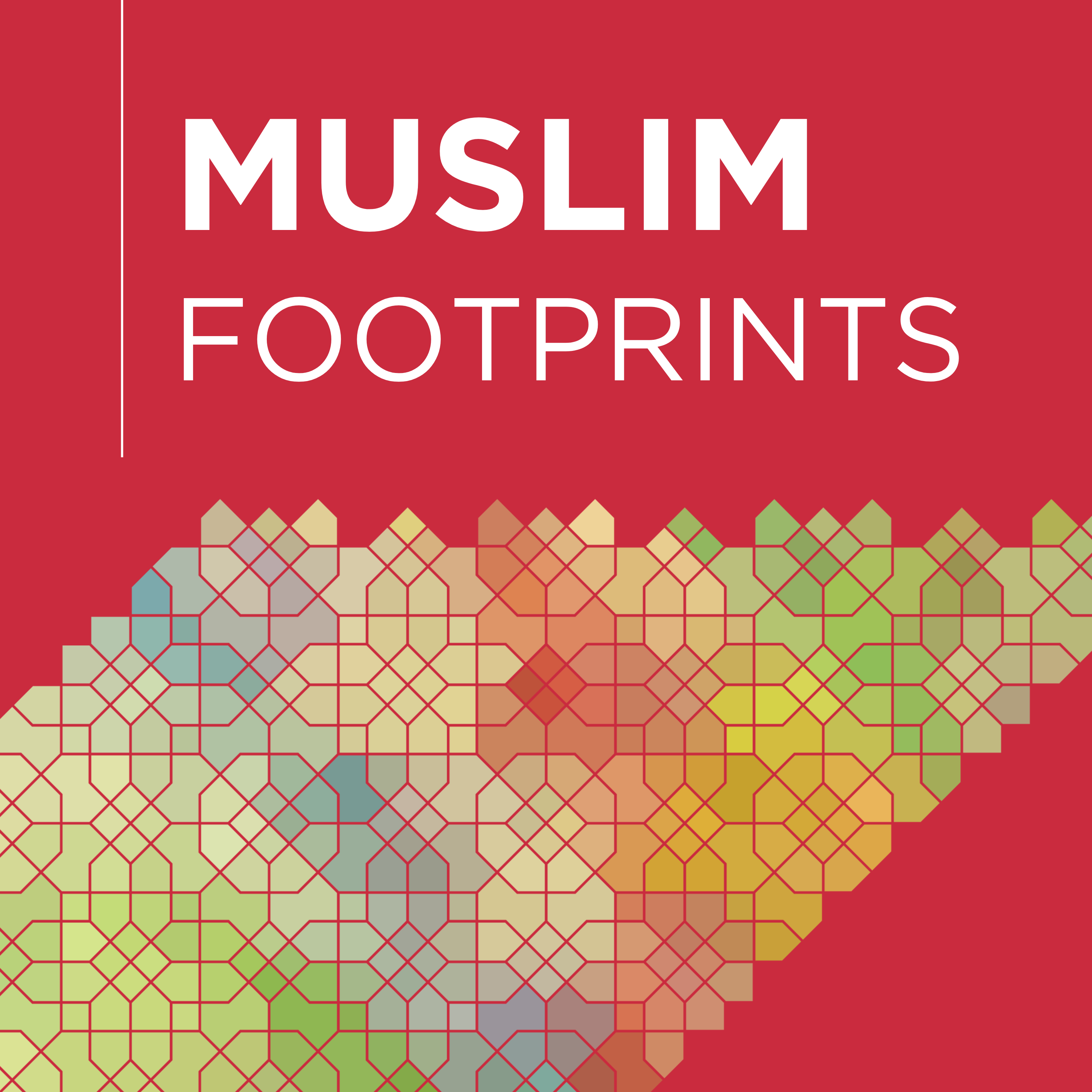
An opportunity to deep-dive into Islam and Muslim civilisations, history and spirituality through the ages, accompanied by some of the best experts and academics in their field. Join us as we discover how Muslim societies and individuals have lived, thought about, and expressed their faith in their own ways as a pathway to the divine. We explore the far-flung lands that Muslims have lived in, the traditions – scientific, artistic, religious and cultural – they’ve contributed to, and the revelation itself, the Qur’an. Our guests have devoted their professional lives to producing robust scholarship about the rich heritage of Islam. Our mission is to bring that knowledge to our listeners – Muslim and non-Muslim alike – so as to better understand the world and address some of the biggest questions about life and meaning. This podcast is a valuable resource for anyone interested in learning more about Islam and its contributions to the world. Follow us on social media: https://www.instagram.com/muslimfootprints/ https://www.linkedin.com/company/muslim-footprints https://x.com/MFootprintsPod https://www.facebook.com/profile.php?id=61557285590197 http://www.youtube.com/@MuslimFootprints https://www.threads.net/@muslimfootprints
Episodes
Tuesday Jan 14, 2025
S2 Ep 7: The World, According to Ibn Khaldun
Tuesday Jan 14, 2025
Tuesday Jan 14, 2025
Happy new year, friends, and welcome to our first episode of 2025! We are continuing Season Two with Ibn Khaldun, a medieval historian who was fascinated by the way societies function. Telling us his story is Professor Gabriel Martinez-Gros, one of France’s most renowned experts of Islam.
The episode explores Ibn Khaldun’s life and the context in which he wrote. It also examines the cyclical nature of history he proposed, which goes something like this. States are built around a violent minority that subdues the majority sedentary population. Eventually these violent groups, who in Ibn Khaldoun’s time were nomads or Bedouin, soften and become more and more like the sedentary population they rule. In other words, these wolves become like the sheep they govern – so to maintain control of the state, they have to call on new wolves to help them. These new violent groups first support, and then supplant, the old elite.
The discussion highlights how Ibn Khaldun's insights into the complicated relationship between the authorities and society remain pertinent today, especially in light of contemporary challenges.
